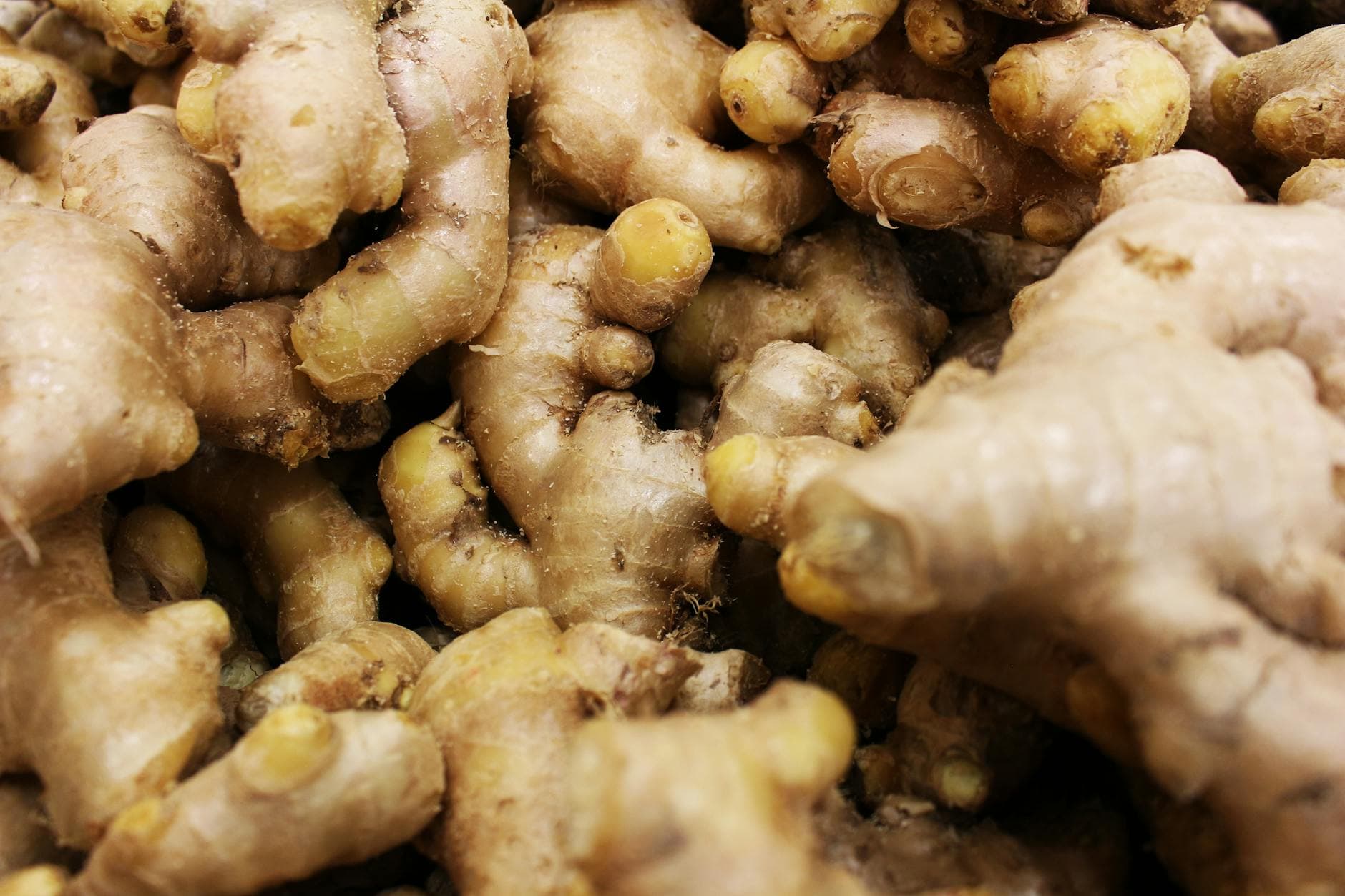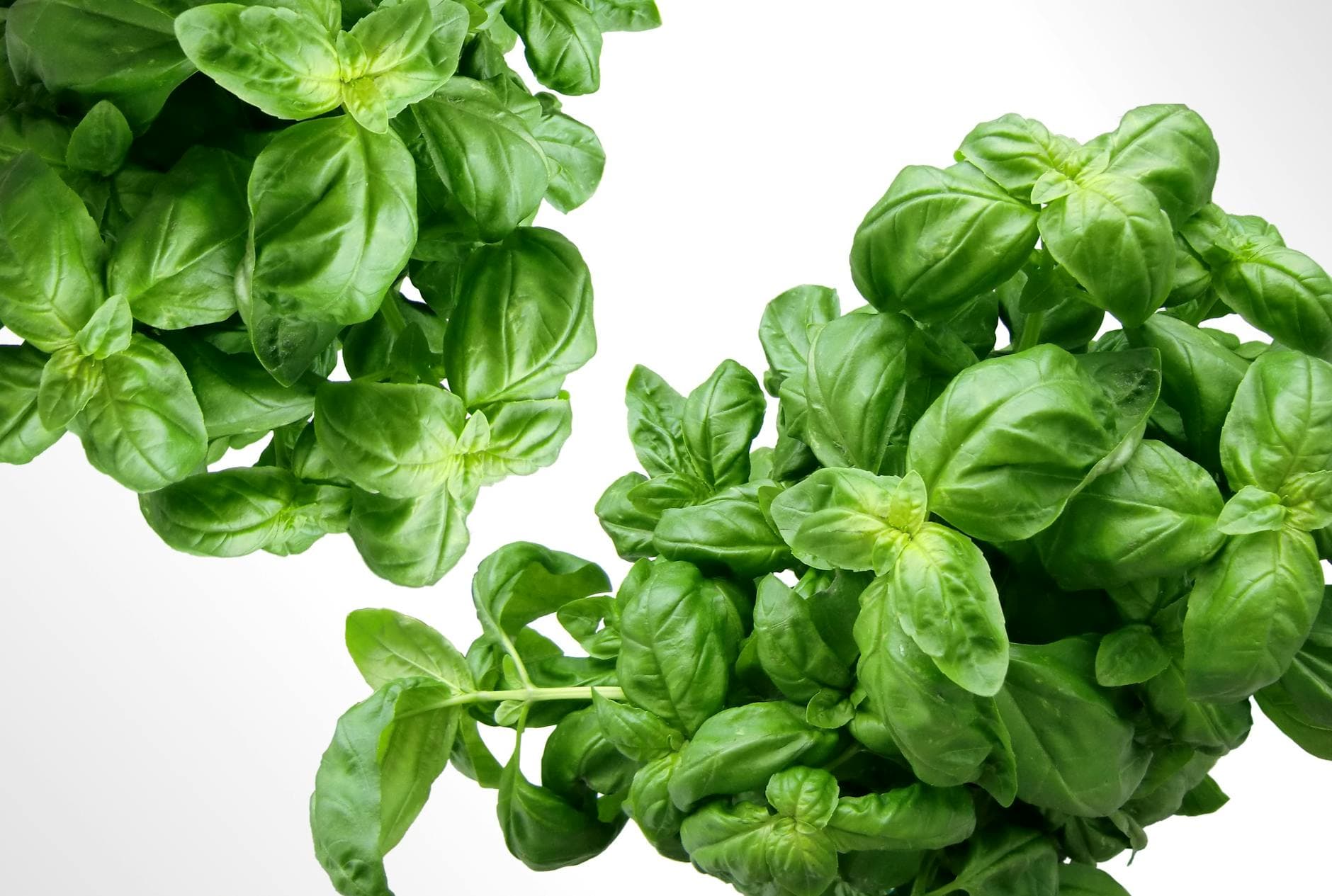Small Intestinal Bacterial Overgrowth (SIBO) is a challenging digestive condition that can profoundly impact your well-being. Characterized by an excessive amount of bacteria in the small intestine, SIBO often leads to uncomfortable symptoms and nutrient malabsorption. While conventional treatments exist, many individuals seek natural approaches to find lasting relief and restore gut balance.
At Healbal, we understand the complexities of SIBO. This article will guide you through common missteps often made during natural SIBO management, empowering you with evidence-based strategies, effective herbal remedies, and crucial lifestyle adjustments to support your journey towards digestive comfort and vitality. Understanding what not to do is just as important as knowing what to do for effective, sustainable SIBO relief.
Causes
SIBO doesn't typically develop in isolation; it often stems from underlying issues that disrupt the delicate balance and function of the digestive system. Understanding these root causes is crucial for effective long-term management.
- Impaired Migrating Motor Complex (MMC): The MMC is a 'housekeeping' wave that sweeps bacteria and undigested food particles from the small intestine into the large intestine between meals. If the MMC is sluggish or damaged (often due to stress, infections, or nerve damage), bacteria can linger and multiply in the small bowel.
- Low Stomach Acid (Hypochlorhydria): Stomach acid acts as a crucial barrier, killing bacteria ingested with food. Insufficient stomach acid, whether due to aging, chronic stress, or the long-term use of proton pump inhibitors (PPIs), can allow bacteria to survive and colonize the small intestine.
- Structural Abnormalities: Anatomical issues such as strictures, adhesions from previous surgeries, diverticula, or bowel obstructions can create stagnant areas where bacteria can accumulate and thrive.
- Pancreatic Enzyme Insufficiency: The pancreas produces enzymes vital for breaking down food. If these enzymes are insufficient, undigested food provides a feast for bacteria in the small intestine, leading to overgrowth.
- Ileocecal Valve Dysfunction: This valve separates the small and large intestines, preventing bacteria from the colon (where they are abundant) from refluxing into the small intestine. If this valve is compromised, colonic bacteria can migrate upwards.
- Compromised Immune System: The gut-associated lymphoid tissue (GALT) plays a significant role in gut immunity. A weakened immune system can make the gut more susceptible to bacterial overgrowth.
- Certain Medications: Beyond PPIs, opioid pain medications can slow gut motility, and repeated courses of antibiotics can disrupt the overall microbiome balance, potentially setting the stage for SIBO.
Symptoms
The symptoms of SIBO are often non-specific and can overlap with other digestive conditions like Irritable Bowel Syndrome (IBS), making diagnosis challenging. It's important to note that experiencing these symptoms does not constitute a diagnosis; always consult a healthcare professional for proper evaluation.
- Abdominal Bloating and Distension: This is one of the most common and distressing symptoms, often worsening after meals as bacteria ferment food.
- Excessive Gas and Flatulence: The fermentation process by bacteria produces gases like hydrogen and methane, leading to increased gas.
- Abdominal Pain or Discomfort: Ranging from mild to severe cramping, typically in the central or lower abdomen.
- Altered Bowel Habits: This can manifest as chronic diarrhea (especially hydrogen-dominant SIBO), chronic constipation (often methane-dominant SIBO), or alternating patterns of both.
- Nausea: A feeling of sickness, sometimes accompanied by vomiting, particularly after eating.
- Malabsorption and Nutrient Deficiencies: Bacteria consume nutrients, leading to deficiencies in fat-soluble vitamins (A, D, E, K), B12, iron, and can result in unintentional weight loss.
- Fatigue and Brain Fog: The systemic inflammation and nutrient deficiencies associated with SIBO can lead to chronic fatigue, difficulty concentrating, and memory issues.
- Food Sensitivities: Many individuals with SIBO report increased sensitivities to certain foods, particularly those high in fermentable carbohydrates (FODMAPs).
When to see a doctor: While natural approaches can be highly effective, it's crucial to seek professional medical advice if your symptoms are severe, persistent, rapidly worsening, or accompanied by red flags such as unexplained weight loss, blood in stool, fever, severe abdominal pain, or difficulty swallowing. A healthcare provider can provide an accurate diagnosis (often via a breath test) and rule out other serious conditions.
Natural Remedies
Effective SIBO management involves a multi-pronged approach, integrating dietary changes, lifestyle modifications, and targeted natural therapies. Avoiding common missteps in these areas is key to sustainable relief.
Dietary Strategies: Avoiding Pitfalls
- Personalized Low-FODMAP Diet: While a Low-FODMAP diet is often recommended to starve bacteria, a common mistake is staying on it indefinitely. This can starve beneficial gut bacteria. Instead, use it as a temporary elimination phase (2-6 weeks) followed by careful reintroduction to identify triggers and expand dietary variety. Focus on whole, unprocessed foods.
- Timing of Meals: Allowing adequate time between meals (4-5 hours) and fasting overnight (12-14 hours) supports the Migrating Motor Complex (MMC), which sweeps bacteria from the small intestine. Snacking constantly is a common misstep that inhibits MMC function.
- Elemental or Semi-Elemental Diets: In severe cases, an elemental diet (liquid nutrition requiring minimal digestion) can be highly effective. A common mistake is attempting this without professional guidance, as it requires careful planning and nutrient balance.
- Hydration and Fiber: Ensure adequate water intake. While high-fiber foods can exacerbate symptoms during active SIBO, gradually reintroducing soluble fibers (e.g., from cooked carrots, squash) as symptoms improve can support gut health. Avoid insoluble fibers that might irritate the gut during acute phases.
Lifestyle Adjustments for Gut Harmony
- Stress Management: The gut-brain axis plays a critical role in SIBO. Chronic stress can impair gut motility and immune function. Misstep: Ignoring stress. Instead, incorporate stress-reducing practices like meditation, deep breathing, yoga, or spending time in nature.
- Mindful Eating: Eating slowly, chewing food thoroughly, and eating in a relaxed environment improves digestion and nutrient absorption. Rushing meals is a common misstep that can overwhelm the digestive system.
- Regular Movement: Gentle exercise, like walking or cycling, can stimulate gut motility and reduce stress. Over-exercising or neglecting physical activity are both missteps.
- Adequate Sleep: Prioritizing 7-9 hours of quality sleep per night supports overall gut health, immune function, and stress resilience. Sleep deprivation can worsen digestive issues.
Herbal Treatments
Herbal remedies can be powerful allies in SIBO management, often possessing antimicrobial, prokinetic, and gut-healing properties. However, a significant misstep is self-prescribing without understanding proper dosing, duration, or potential interactions.
- Herbal Antimicrobials: These herbs help reduce bacterial overgrowth. It's crucial to cycle these and use them under guidance, as prolonged use of a single herb can lead to resistance or imbalance.
- Berberine-containing herbs (e.g., Goldenseal, Oregon Grape, Barberry): Berberine has broad-spectrum antimicrobial activity against various bacteria, fungi, and parasites. It also supports gut motility. Usage: Often taken in capsule form. Cautions: Can interact with medications (e.g., blood thinners, cyclosporine), contraindicated in pregnancy/lactation, may lower blood sugar.
- Oregano Oil (standardized to carvacrol): Potent antimicrobial and antifungal properties. Usage: Enteric-coated capsules are preferred to prevent stomach irritation. Cautions: Can be strong; use short-term. Not for long-term use without professional guidance.
- Neem (Azadirachta indica): Traditional Ayurvedic herb with antibacterial and anti-inflammatory effects. Usage: Capsules or tea. Cautions: May interact with immunosuppressants or blood sugar-lowering medications.
- Allicin (from Garlic extract): Specifically effective against methane-producing bacteria. Usage: Standardized capsules. Cautions: Can cause garlic breath, may interact with blood thinners.
- Herbal Prokinetics: These herbs help stimulate the MMC to prevent recurrence. A common misstep is only using antimicrobials without addressing motility.
- Ginger (Zingiber officinale): Well-known for its prokinetic effects, stimulating gut contractions. Also anti-inflammatory and anti-nausea. Usage: Fresh ginger tea, capsules, or tinctures, often taken before meals or at bedtime. Cautions: May interact with blood thinners at high doses.
- Artichoke Leaf Extract (Cynara scolymus): Stimulates bile production and enhances gut motility. Usage: Capsules. Cautions: Avoid if you have bile duct obstruction.
- Digestive Support Herbs:
- Digestive Bitters (e.g., Gentian, Dandelion, Artichoke): Taken before meals, bitters stimulate digestive enzymes, bile flow, and stomach acid, improving overall digestion. Usage: Tincture or tea. Cautions: Avoid if gallstones are present.
- Deglycyrrhizinated Licorice (DGL): Supports gut lining integrity and soothes inflammation. Usage: Chewable tablets before meals. Cautions: DGL removes glycyrrhizin, minimizing blood pressure effects, but general licorice root should be avoided by those with hypertension.
- Gut Healing Herbs/Supplements:
- L-Glutamine: An amino acid vital for intestinal cell repair and integrity. Usage: Powder mixed with water. Cautions: Generally safe, but consult a professional for very high doses.
- Aloe Vera (inner leaf gel): Soothing and anti-inflammatory for the gut lining. Usage: Juice or gel. Cautions: Ensure it's the inner leaf gel to avoid laxative effects of whole leaf.
Important Note on Interactions & Contraindications: Always inform your healthcare provider about all herbs and supplements you are taking, especially if you are on prescription medications. Many herbs can interact with drugs like anticoagulants (blood thinners), immunosuppressants, thyroid medications, and blood sugar regulators. Pregnant or lactating individuals, and those with pre-existing medical conditions, should exercise extreme caution and seek professional medical advice before using any herbal treatments.
Prevention
Preventing SIBO recurrence is often the most challenging but crucial aspect of management. It involves addressing the underlying causes and maintaining a healthy digestive environment.
- Prioritize Gut Motility: This is arguably the most critical preventive measure. Ensure you are allowing 4-5 hours between meals and an overnight fast of 12-14 hours. Consider natural prokinetics like ginger or specific prokinetic supplements under professional guidance.
- Optimize Stomach Acid and Enzymes: If low stomach acid or pancreatic insufficiency were root causes, work with a professional to address these. This might involve digestive bitters, apple cider vinegar (if tolerated), or enzyme supplements. A common misstep is neglecting these foundational digestive supports.
- Manage Stress Effectively: Chronic stress directly impacts gut motility and the immune system. Incorporate daily stress-reduction practices like meditation, deep breathing, or gentle exercise to support the gut-brain axis.
- Judicious Use of Antibiotics: While sometimes necessary, frequent or prolonged antibiotic use can disrupt the gut microbiome. When antibiotics are prescribed, discuss gut support strategies with your doctor.
- Address Underlying Conditions: Conditions like hypothyroidism, diabetes, or autoimmune diseases can predispose individuals to SIBO. Effective management of these primary conditions is essential for long-term SIBO prevention.
- Avoid Over-Restriction: After the initial SIBO treatment phase, a common misstep is to remain on a highly restrictive diet indefinitely. This can lead to nutrient deficiencies and negatively impact the diversity of beneficial gut bacteria. Gradually reintroduce foods to build tolerance and gut resilience.
- Maintain a Balanced Diet: Focus on a diverse diet rich in whole, unprocessed foods that are well-tolerated. Include prebiotics from a variety of sources (as tolerated) to nourish beneficial gut bacteria.









